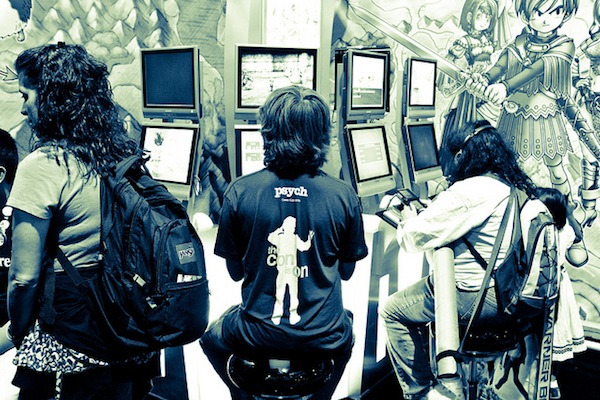PSN Hack: Fun and games don't have to end when someone breaks in

Hard-core players hate to lose games. But what happens when they're the sport -- the object of play? That increasingly is the state of PlayStation Network subscribers, following a hack that swiped personal data. If that's you, there are ways to protect you now and from future data theft anywhere on the Internet. Fun and games don't have to end when someone breaks in.
It all started so innocently. Two weeks ago, PlayStation Network went down. The next day, Sony promised the outage would last for a "day or two" to the despair of the fun-loving millions who use the service to access multiplayer games, movies, music and other downloadable entertainment. At the time, Sony raised the possibility that a hacker instigated the outage, but it took six days and outside help before it was revealed that PSN had indeed been the victim of a hack -- one that compromised the personal data of as many as 77 million customers. Today, new details emerged that, despite denials, Anonymous may have been responsible for the hack and data theft.
Experts suggest that Sony was storing sensitive user data without encryption, which has prompted a class-action lawsuit and congressional inquiry into its security measures. What makes this breach particularly unfortunate is the nature of personal and financial information that was lifted -- names, mailing addresses, birthdates, online handles, email addresses and passwords in addition to credit card numbers and expiration dates. This data can be used in identity theft and to access even more personal information elsewhere including data that is both publicly available and password-protected. After all, it's common practice to use the same username and password to log into various sites and services across the web. If hackers get someone's password, it may be enough to bring down an entire house of cards.
This just could be the beginning for gamer woes. Make no mistake about it, we live in a digital world and the Internet is here to stay. And, perhaps, so are attacks on our digital data. But there are ways to engage in such activities while protecting oneself:
1. Create and maintain a handwritten document of online accounts and passwords. Do not store this on your computer and do not use the same password more than once.
2. Put aside a credit card just for online purchases -- so that once it's compromised, you can alert your credit card company of the breach. Do not use an ATM card as you may lose access to cash anywhere from a few hours to a few days.
3. Consider creating Google alerts for any service that maintains your personal data. An alert for "Sony Playstation" + "security" could have alerted you of the recent intrusion and allowed you at the very least to immediately cancel your credit card.
4. When a security attack occurs, look or ask for specific information about the attack from the company that's been hit. Sony, for its part, has posted an informative FAQ that warns users against email scams that may now be coming their way.
5. Consider placing a security freeze on your credit report -- to prevent fraudulent accounts being opened in your name.
Remember, hackers can attack any site, big or small. The PlayStation Network is not the first well-known site or network to be compromised. Do not let any site or solution draw you into a false sense of security. You are your own last line of defense. Be sure to educate yourself on the dangers that exist online and how certain user behaviors can play into those dangers.
Be mindful of what you share online. Use common sense. And let the games begin!
Photo Credit: Joe Wilcox
Tony Anscombe is ambassador of Free Products at AVG Technologies.
